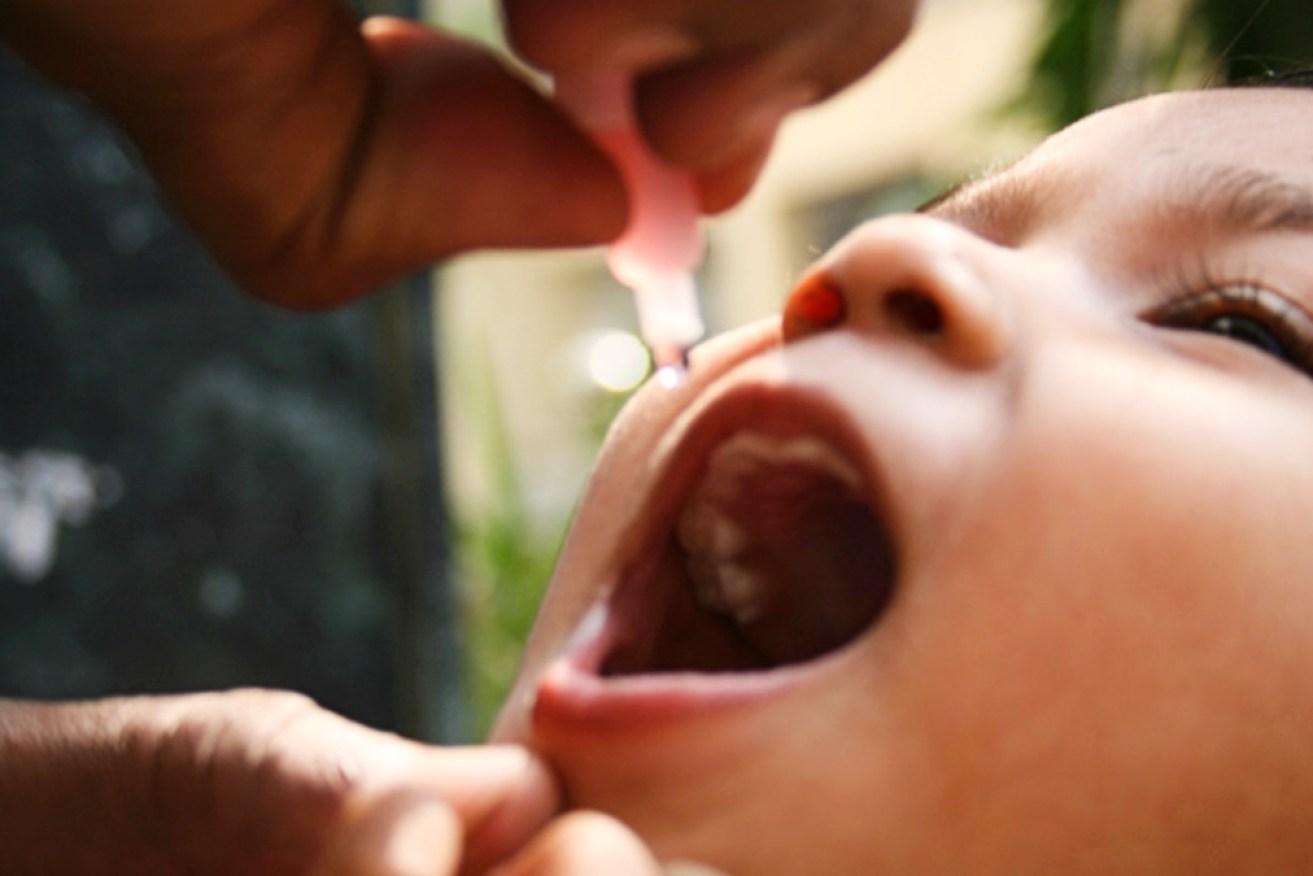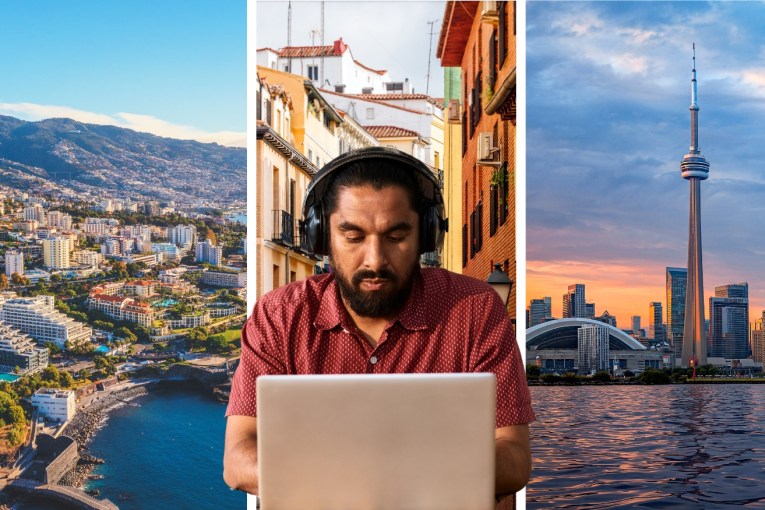NSW and Victoria take lead in search for ‘devastating’ polio virus


Parents are urged to vaccinate their children despite the low risk of a polio outbreak in Victoria.
Australia has been polio-free for 22 years, but some state governments are concerned the country may be about to break its streak.
Michael Toole, associate principal research fellow at the Burnet Institute, told the ABC News Daily podcast the New South Wales state government has put together an expert panel to look at how it can test its sewage for polio, in addition to the COVID-19 surveillance it has conducted throughout the pandemic.
Victoria’s chief health officer Brett Sutton confirmed on Monday the state had already been watching for signs of polio in its wastewater for “some time”.
Tweet from @VictorianCHO
Health departments from Queensland, South Australia, the Australian Capital Territory and the Northern Territory confirmed to The New Daily they do not have wastewater surveillance programs for polio, although many are monitoring the outcomes of Victoria and NSW’s surveillance activities.
This comes after London, New York and Jerusalem authorities found traces of polio in their cities’ wastewater.
The only confirmed cases include an unvaccinated adult in New York’s Rockland County who has been paralysed by polio, and seven children in Israel, one of whom has been paralysed.
High vaccination rate
Deakin University’s Professor Alyssa Barry told The New Daily that while being vaccinated against polio means a person may not feel affected by the illness they could still transmit it to others.
Widespread vaccination against polio was introduced in Australia in the mid-1950s, and polio vaccination was incorporated into the National Immunisation Program (NIP).
Currently, more than 94 per cent of Australian five-year-olds have received all four of their polio vaccinations under the NIP.
Although COVID-19 sparked strong support for the anti-vax movement, and though the country has been polio-free since 2000, Dr Barry said Australians should still be vigilant about new outbreaks.
“It’s always a risk, because there’s so much travel, and once the disease gets into a country, it can be spread within the country,” she said.
“In the past, [polio] devastated countries, and paralysis is such a horrific illness that we really wouldn’t want anybody experiencing that.
“The knowledge we have is the more protected people are through vaccination and education, the better.”

Women paralysed by polio play a friendly match to raise awareness in Herat, Afghanistan. Photo: Getty
News of polio outbreaks come as the world faces the re-emergence of rare viruses, including monkeypox, measles and Japanese encephalitis – all of which have been found in Australia this year.
Dr Barry said the news of these circulating viruses is no cause for alarm, given there have likely been constant outbreaks across the globe, and surveillance systems are just getting better at picking them up.
But she said Australians should still find out if there are any viruses circulating overseas before travelling, and contact their doctor to keep up to date with any vaccinations necessary,
“Just to be aware and educate yourself,” she said.
What is polio?
Poliovirus spreads through contact with the stool of an infected person, or droplets from a sneeze or cough.
The World Health Organisation reports that although up to 90 per cent of infected cases experience no or mild symptoms, for others, initial symptoms include fever, fatigue, headache, vomiting, stiffness in the neck, and pain in the limbs for up to 10 days.
Recovery is complete in most cases.
However, the virus can cause paralysis within a few hours of infection, usually of the legs, which is often permanent.
Up to 10 per cent of these cases die when their breathing muscles also become immobilised.

Before polio vaccination took effect, many people ended up in iron lungs.
Polio is highly infectious, and there is no cure.
It can only be prevented by immunisation which, when received in childhood, can protect a person for life.
The virus is considered mostly eradicated worldwide, but remains endemic in Afghanistan and Pakistan.








